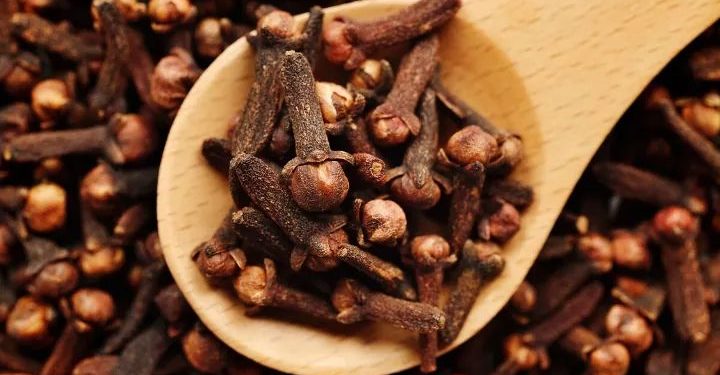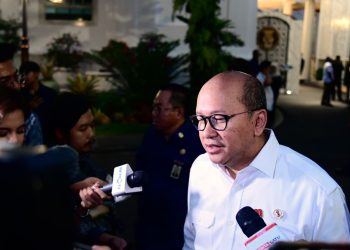Jakarta, Indonesia Sentinel — The U.S. Food and Drug Administration (FDA) has imposed temporary import restrictions on Indonesian cloves following the discovery of radioactive Cesium-137 (Cs-137) contamination. Several U.S. spice importers are reportedly facing shortages due to the import controls.
Bara Hasibuan, head of the Public Diplomacy and Communication Division of Indonesia’s Cesium-137 Task Force, said that while the contamination site has been identified in Lampung, the main source of the Cs-137 remains under investigation.
“We cannot yet conclude where the contamination originated or how cloves in South Lampung became exposed,” Bara said during a press conference at the Coordinating Ministry for Food Affairs in Central Jakarta on Monday, October 20, 2025.
The Indonesian government deployed inspection teams after receiving an official notification from the FDA regarding Cs-137 traces found in Indonesian clove products. Investigations have been conducted across several key supply and processing areas, including Surabaya, Pati, and Lampung.
Field inspections found that clove processing facilities in Surabaya and plantations in Pati, Central Java, were free from radiation exposure. However, in Lampung, a team from Indonesia’s Nuclear Energy Regulatory Agency (BAPETEN) detected traces of Cs-137 in a small portion of clove commodities at six locations, including metal smelting facilities, collection warehouses, and major supplier plantations.
Bara emphasized that the FDA’s import alert, issued on October 3, 2025, does not constitute a full trade ban but a temporary restriction aimed at ensuring product safety.
However, the restrictions come as demand for Indonesian cloves in the U.S. typically spikes ahead of Thanksgiving, Christmas, and New Year celebrations. Several U.S. spice importers are reportedly facing shortages due to the import controls.
“Some spice import warehouses in the U.S. that normally store Indonesian products are now running out of stock because of this issue,” Bara said.
Read Also:
Despite the restrictions, Bara assured that the U.S. market remains open. “The U.S. market is still accessible as long as the products carry valid radioactive-free certification issued by an authority recognized by the FDA,” he said.
The task force has also opened direct communication with U.S. trade authorities to ensure Indonesia’s compliance with product safety standards.
“We agreed to establish cooperation and coordination to ensure Indonesia’s compliance with the import alerts issued by the U.S. FDA,” Bara said.
As part of this agreement, Indonesia’s National Agency of Drug and Food Control (BPOM) will serve as the certifying entity responsible for issuing official safety certificates for Indonesian spice exports to the United States.
(Raidi/Agung)


























